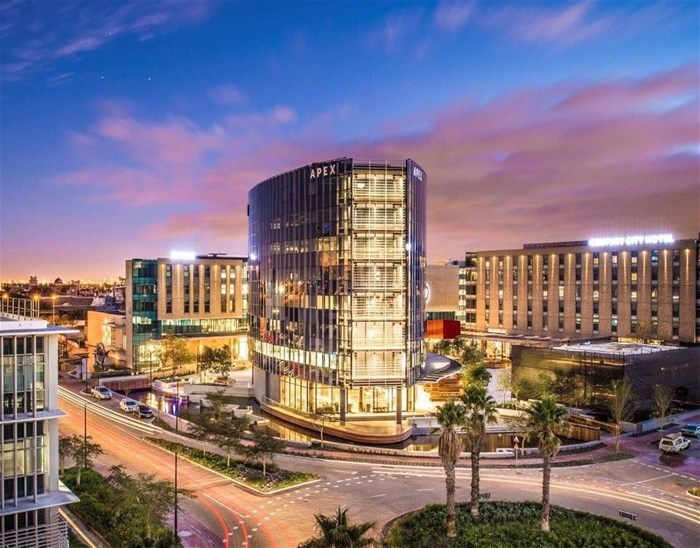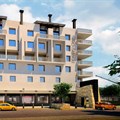Africa's hotel market sees growth in mixed-use developments

"It’s taken off across Africa in recent years and shows no signs of slowing down," says Smith. "We have definitely seen huge success across the continent when mixed-use developments incorporate hotel components because it gives hotel guests the level of urban comfort they demand, while allowing developers to spread their financial risk.
"For all occupiers of the development, the benefits are significant as there are no security risks or traffic challenges during their stay; both of which can deter first-time visitors to Africa in particular."
While there is a lot of publicity around the success of these developments in South Africa, Smith says that the mixed-use development model is seeing increasing replication in other African cities.
"Loftus Park and Menlyn on Maine in Pretoria, Century City – one of the largest mixed-use developments in South Africa – and the V&A Waterfront with its 11 hotels all benefiting from the more than 25 million visitors per year, are all prime examples of this model’s success in South Africa.
"There are also similar projects in Nairobi, Accra, Lagos, Dar es Salaam and Maputo, where big developers and hotel operators are capitalising on the various benefits offered by mixed-use developments," explains Smith, adding that the business model of a mixed-use development has a better return on investment in areas with more under-developed hospitality facilities in Africa.
"The most successful mixed-use schemes are in fact whole areas of cities, Westlands and Upper Hill in Nairobi developed as a result of traffic challenges and Airport City in Accra is another example. Reducing the time wasted in traffic and improving their quality of life has driven residents towards these new schemes."
Hotel business development benefits
Smith adds that from a hotel perspective, the business benefits from the additional foot traffic and increase in room nights sold by surrounding businesses and corporates.
"With the correct mix, all occupiers of the scheme will benefit from a hotel in the development. The hotel will secure additional walk-in food and beverage sales, whilst offering residents differing dining and meeting options. They will often operate leisure facilities with a membership for residents, thus further improving the quality of life."
The other facilities can then be leased out to tenants and operators and can offer secured and reliable income for the owner to assist in covering the developmental debt, says Smith. "Being associated with a hotel on a mixed-use scheme can increase values of the other elements. In certain markets, parking is big business and developers choose to have these facilities to rent parking bays out to individuals and companies with offices nearby. In this way, developers are able to secure income to service their debt and also pay a return."
When developers begin the design process of their mixed-use developments, they should be considering these aspects and mould them to accommodate their target markets – this is where Smith says partnering with a consultancy can assist mixed-use developers. "Identifying a complimentary mix of space and occupiers can be the difference between a successful scheme and a white elephant."
Related
Hilton expands in Ethiopia with DoubleTree hotels 20 Feb 2025 Hilton expands in Egypt with 25 new hotels 19 Dec 2024 Park Hyatt Johannesburg sets October 2024 grand opening 28 Aug 2024 Radisson expands across Africa, including Tanzania debut 2 Jul 2024 IHG Hotels & Resorts brings InterContinental luxury to Cape Town with Table Bay redevelopment 1 Jul 2024 Courtyard by Marriott launches in Africa with Casablanca hotel 26 Jun 2024
























